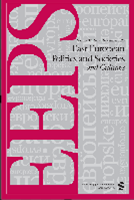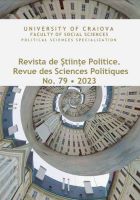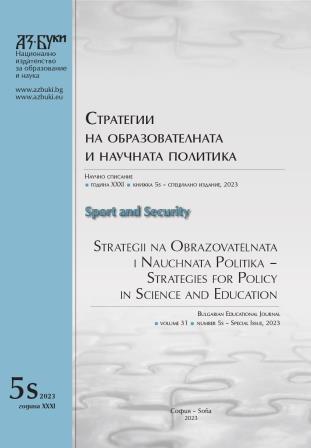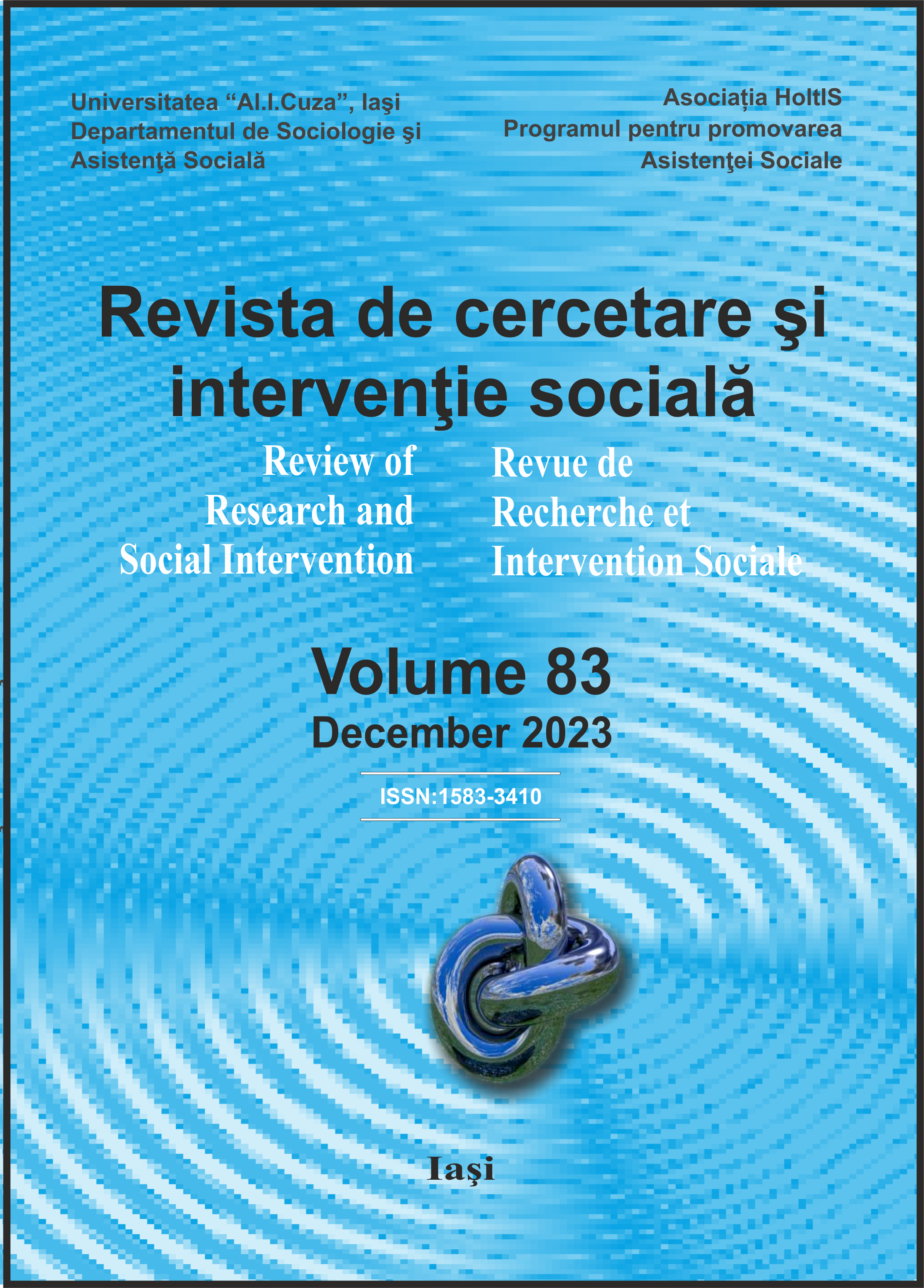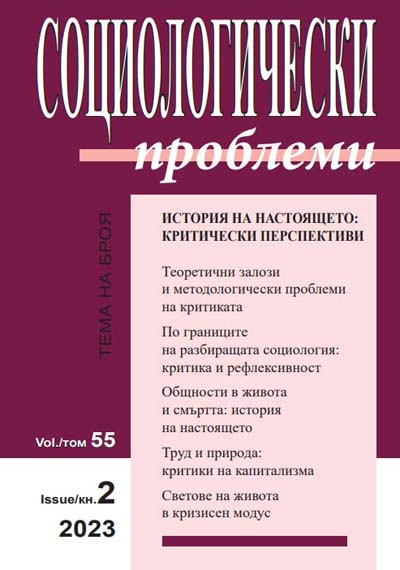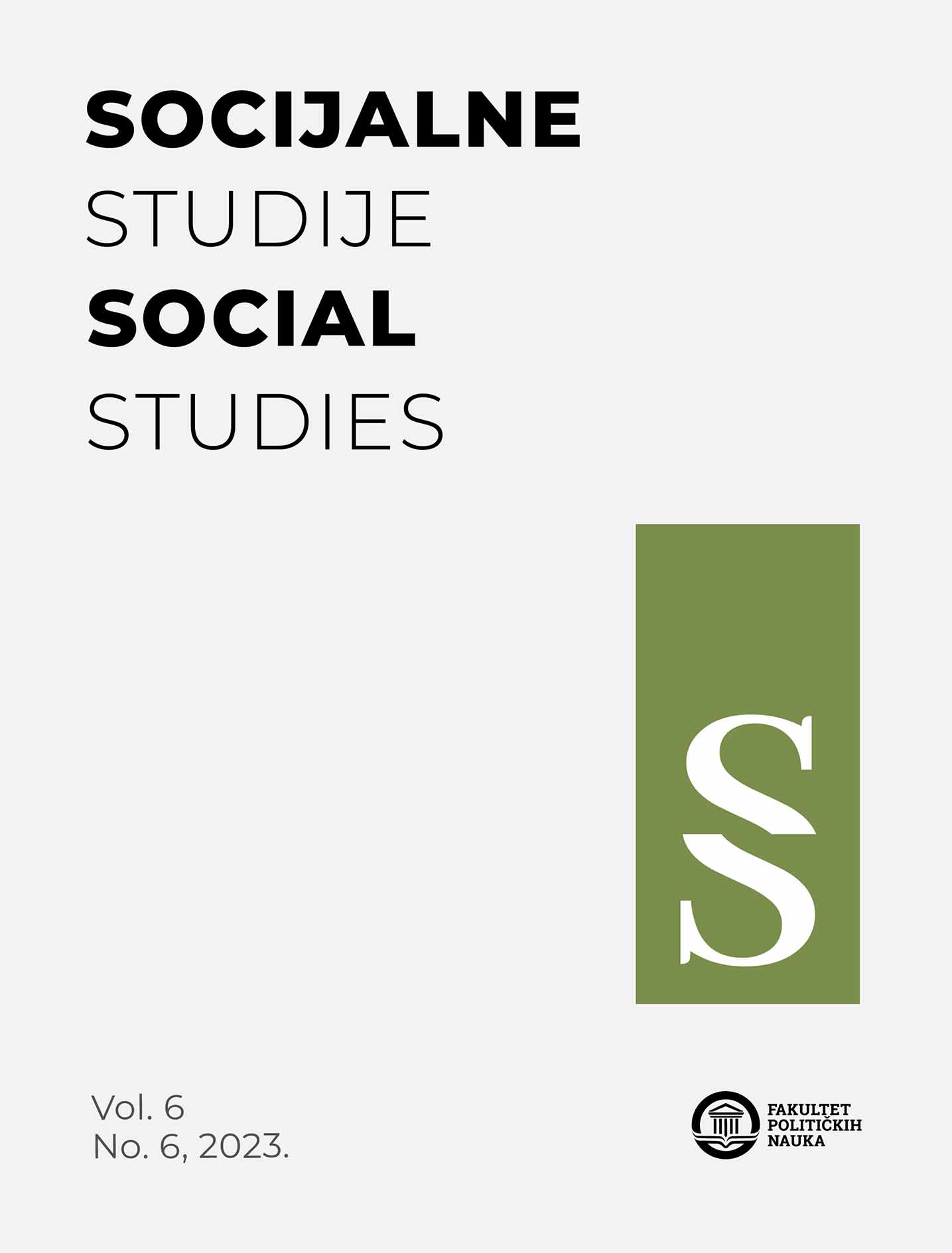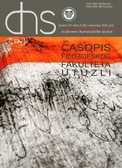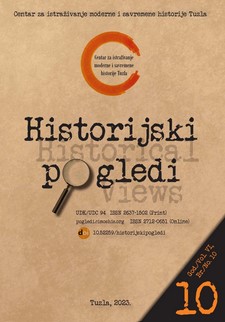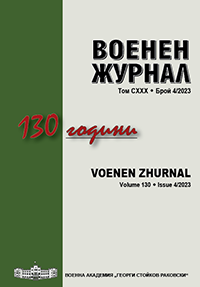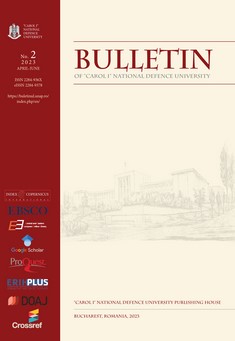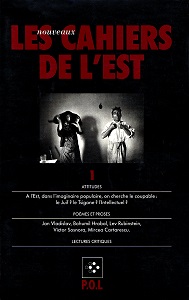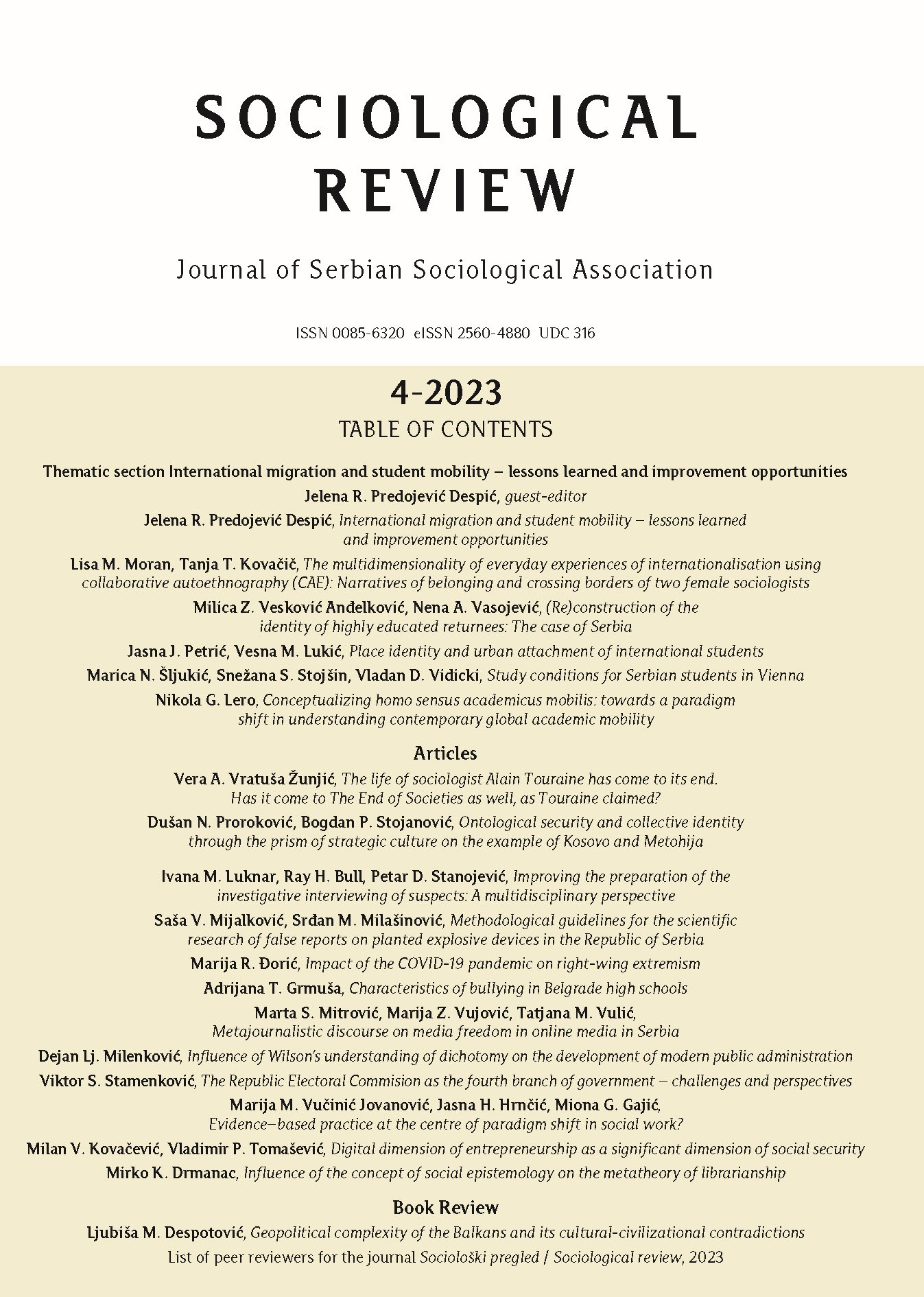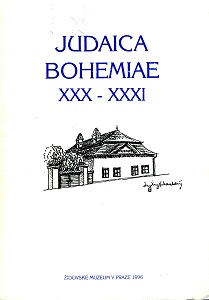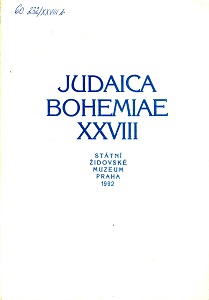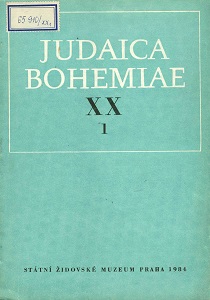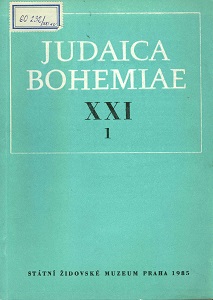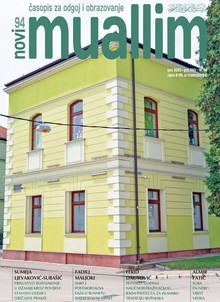
ASPEKTI ONTOLOGIJE ISLAMA: FERID MUHIĆ
Muhić in his work Ontology in Islam analyses the phenomenon of Islam in a conjunction between philosophy and religion. Herein he discusses the culture and the history of religions, particularly Islam and Muslims in Europe, but also anti-Islamic conceptual tendencies and habits which have been systematically generated and bred in centres of political power in Europe and the United States. Discrimination against Muslims today, marking them as “defective Muslims” is an ideologically motivated trend and it is part of an organized project which in the Balkans instigated genocide committed against Bosniaks as well as a large-scale genocidal crime that was committed against Albanians. Thus Muslims in Europe are terminally disqualified whereas non-Muslims are permanently privileged. It is essential that the perpetrators of these crimes, whosoever they are as well as “the collective perpetrators”, are brought to justice. The radicalisation of Islam, and the Islamisation of radicalism, is an evident fact in Europe today. On the other hand, Muhić here stresses that speculation and philosophy are left out of the history of Islamic studies and tradition since the third century of Islam. Thus, he places before us the significant but forgotten questions of the general history of philosophy and religion, questions of the general history of Islam, and the Islamic revelation as a timeless and transcendent phenomenon. He offers some brave answers highlighting the fact that the God of Revelation and the God of religion is also the God of the intellect, the God of Science. This work demonstrates one exceptional new tendency in great religions as well as in philosophy, and that is the notion of secular thought taking the place of the old, traditional decayed theology and theological thought in religion.
More...
